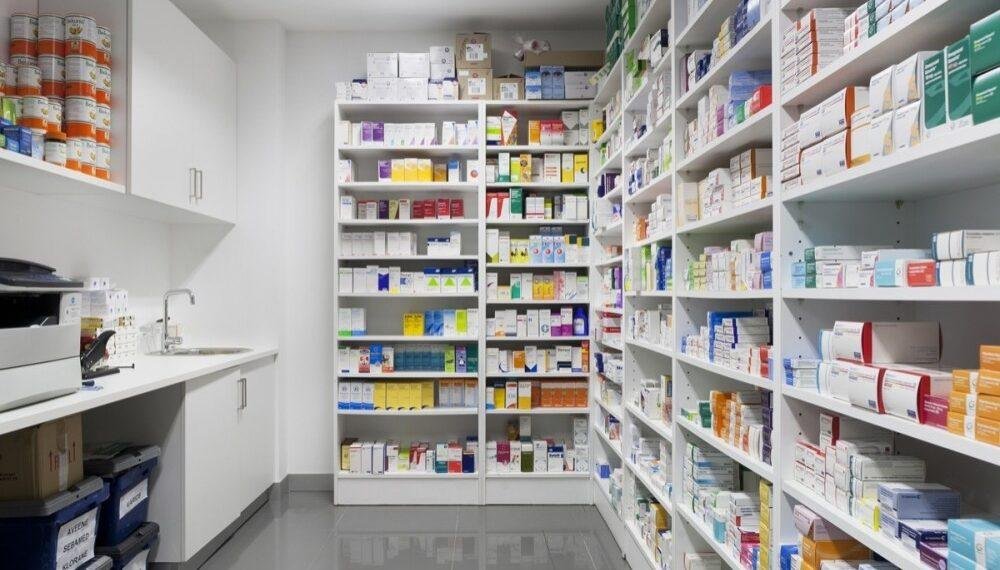The Delta State Taskforce on Counterfeit and Fake Drugs and Unwholesome Processed Foods has sealed 46 patent medicine stores in the state.
The sealing of the affected patent medicine stores is part of measures to curb the growing proliferation of unauthorized medicine outlets, that operate in direct violation of existing laws and regulatory standards.
Chairman of the Delta State Taskforce on Counterfeit and Fake Drugs, and Unwholesome Processed Foods, Mrs. Grace Ekhuemelo, disclosed this on Wednesday in Asaba, during a two days enforcement exercise.
The enforcement exercise carried out within the Asaba and Okpanam axis, is aimed at curbing the increasing number of illegal medicine shops, which pose significant risks to public health.
She said that the enforcement exercise was a follow-up to a series of monitoring and inspections visits across markets, and retail outlets, among others, aimed at ensuring operators complied with the laws regulating their operations in the state.
Ekhuemelo, who was represented during the exercise by the Secretary of the taskforce, Matthias Onohwo, said “this taskforce has been actively working to ensure compliance among patent medicine store owners, aiming to eliminate their unwholesome practices, operating without proper authorization and also uphold public health standards which has culminated today in the closure of numerous illegal medicine stores.”
She said a total of 63 premises were visited of which 17 shops complied with relocation order, while the remaining 46 were sealed up for failing to comply with laid down rules.
Read also: Delta Deputy Governor celebrates 60th birthday with free medical outreach for over 1,000 Residents
“From our surveillance efforts, there have been reports of unethical dispensing practices involving cutting and repackaging medications by splitting capsules and painkillers into smaller portions—commonly referred to as ‘mix’ which is done under the pretext of people not being able to afford the complete medicines, leading to incomplete antibiotic treatments, which significantly contribute to medicine resistance,” the chairman disclosed.
Offences discovered during the exercise include unlicensed operations, whereby some shops were found operating without the necessary authorization; illegal training of apprentice, and the display and sale of expired medicines.
Other include storage of medicines in substandard conditions, and unqualified dispensing where minors (persons under 21years of age) were seen dispensing medicines in the absence of the shop owners among others.
The taskforce chairman decried the situation where the medicine unions play a role in the proliferation of illegal medicine shops, particularly in non-compliance with location regulations as many shops were found in areas that do not meet the stipulated regulatory requirements with the union’s consent.
To address the trend, she warned that the Pharmacy Council of Nigeria (PCN) is the sole regulatory body, responsible for the registration and oversight of medicine shops, and that any individual or business owner seeking to open a medicine shop must first consult the PCN for proper guidance to avoid misinformation and legal repercussions.
Areas visited within Asaba are Summit Junction, Koka, Okwuofu, Bonsaac, Oduke, Oduke-Okwe, Ibusa Road, and Infant Jesus axis, while in Okpanam, the taskforce visited the Midwifery area, Redeem Road, Marble Hill, and Plenty Signboard, among others.






